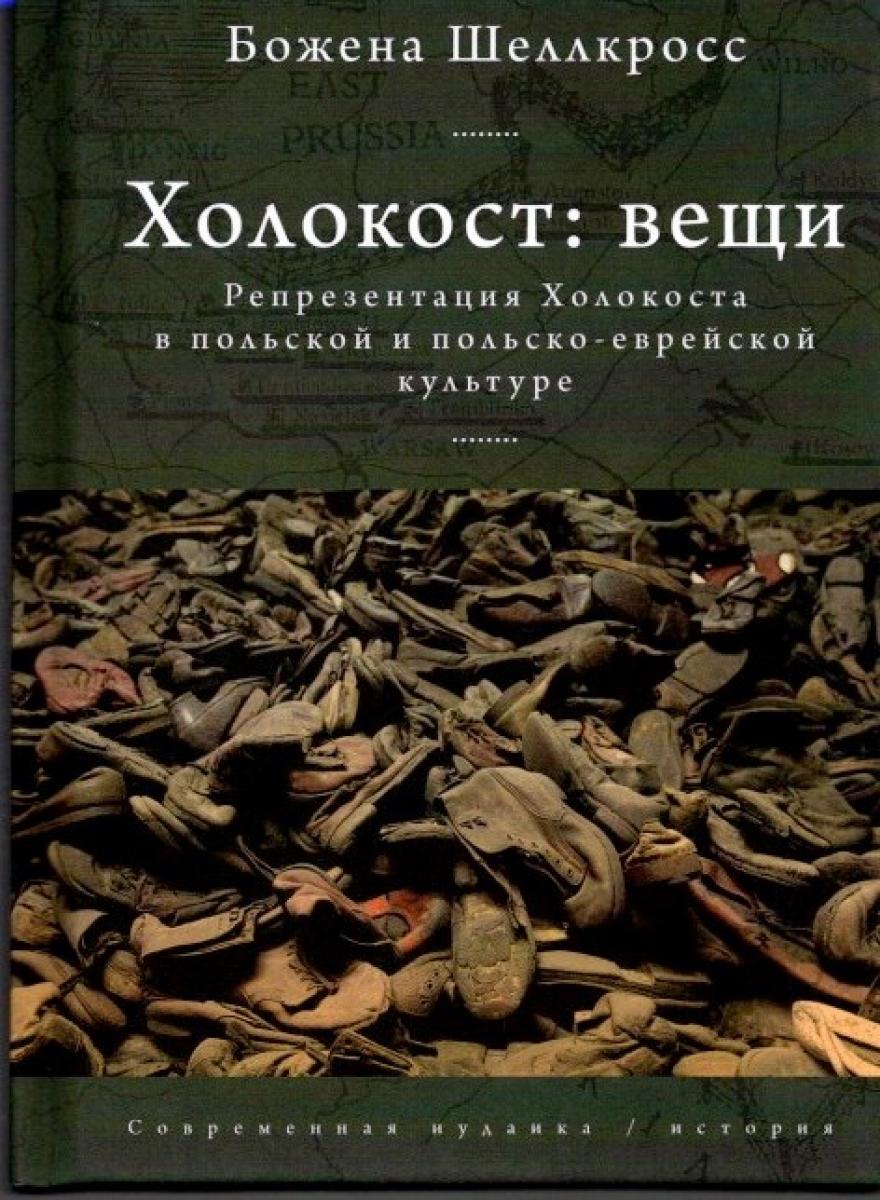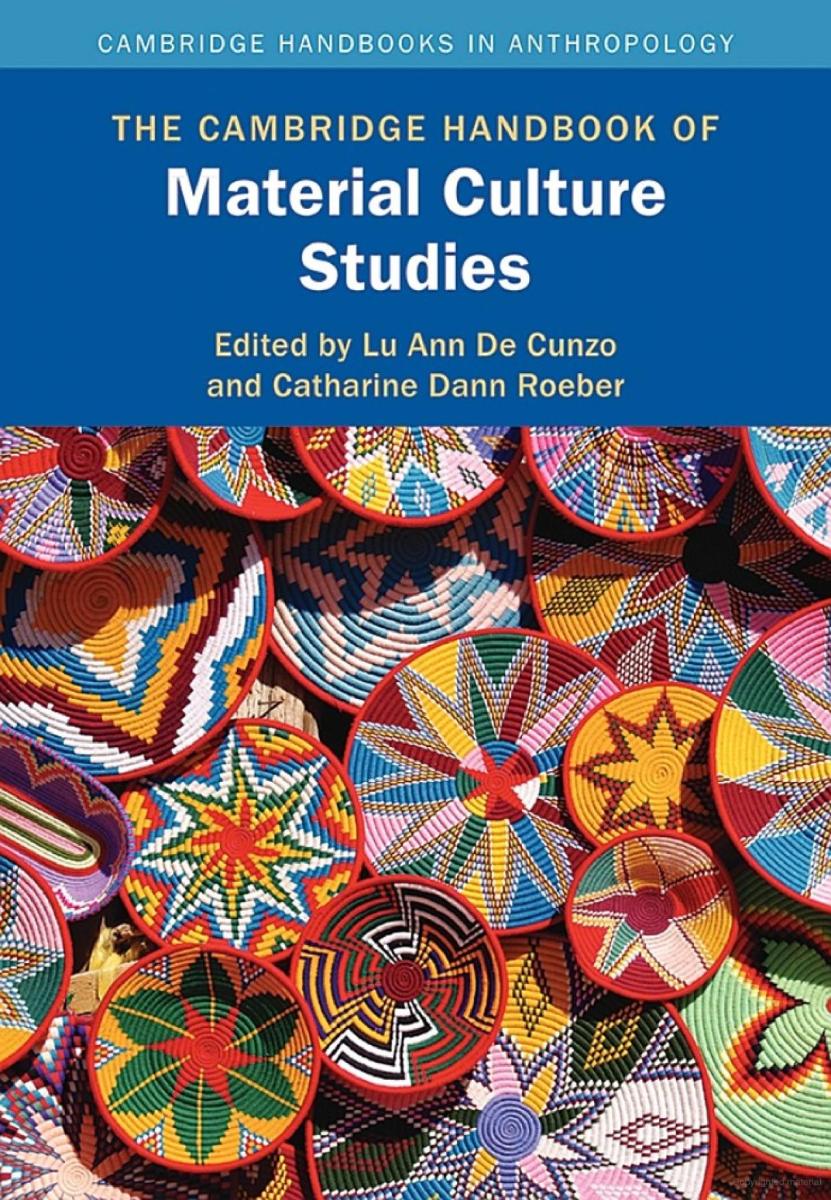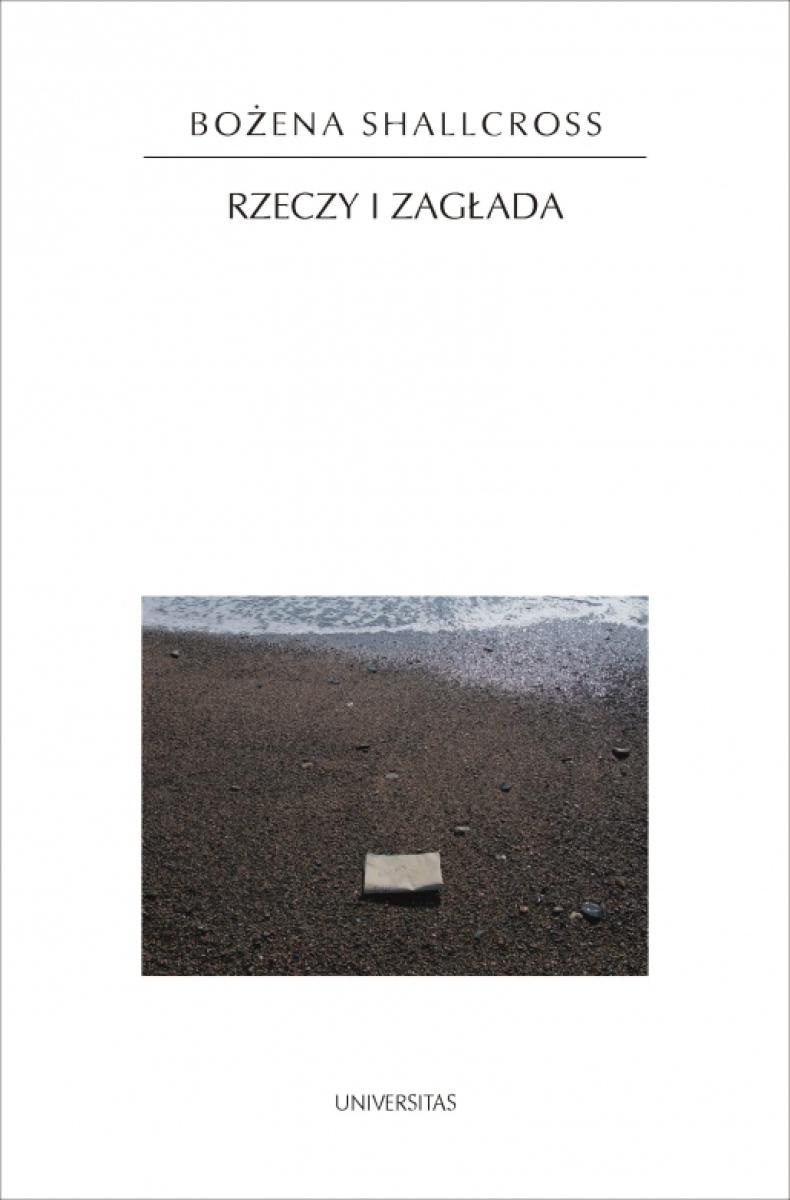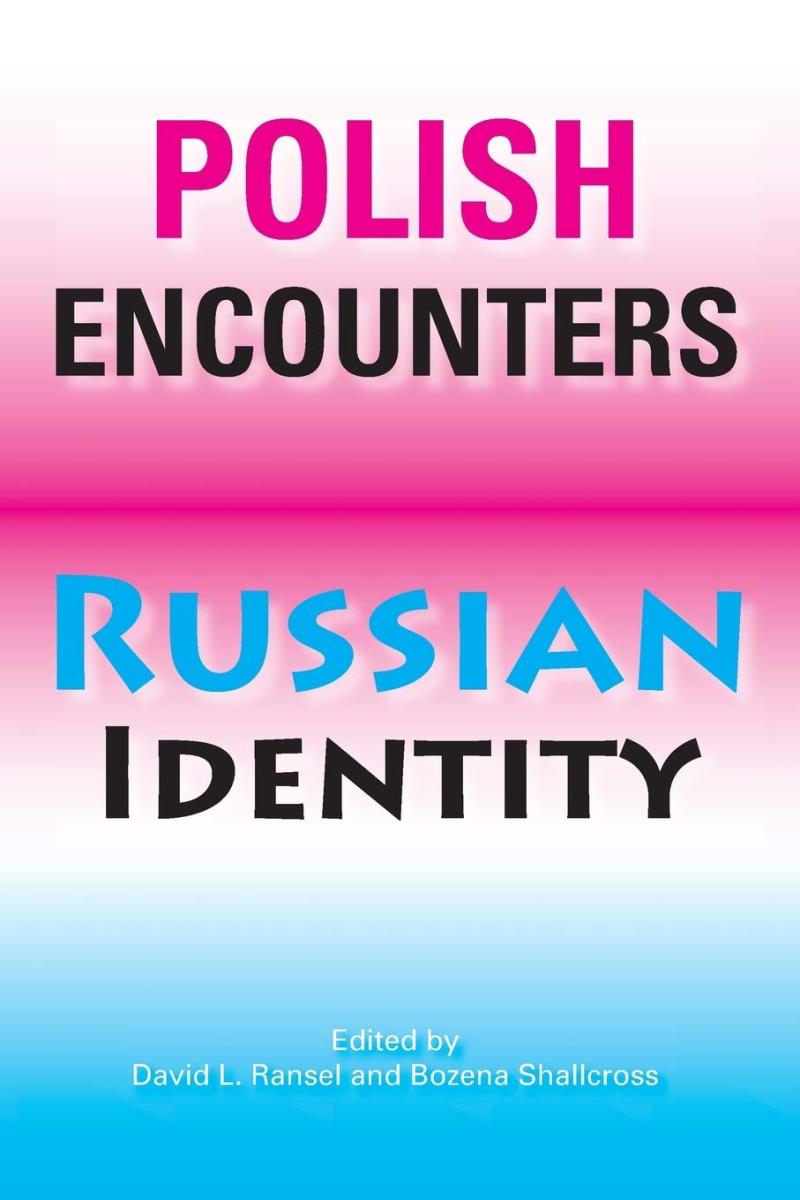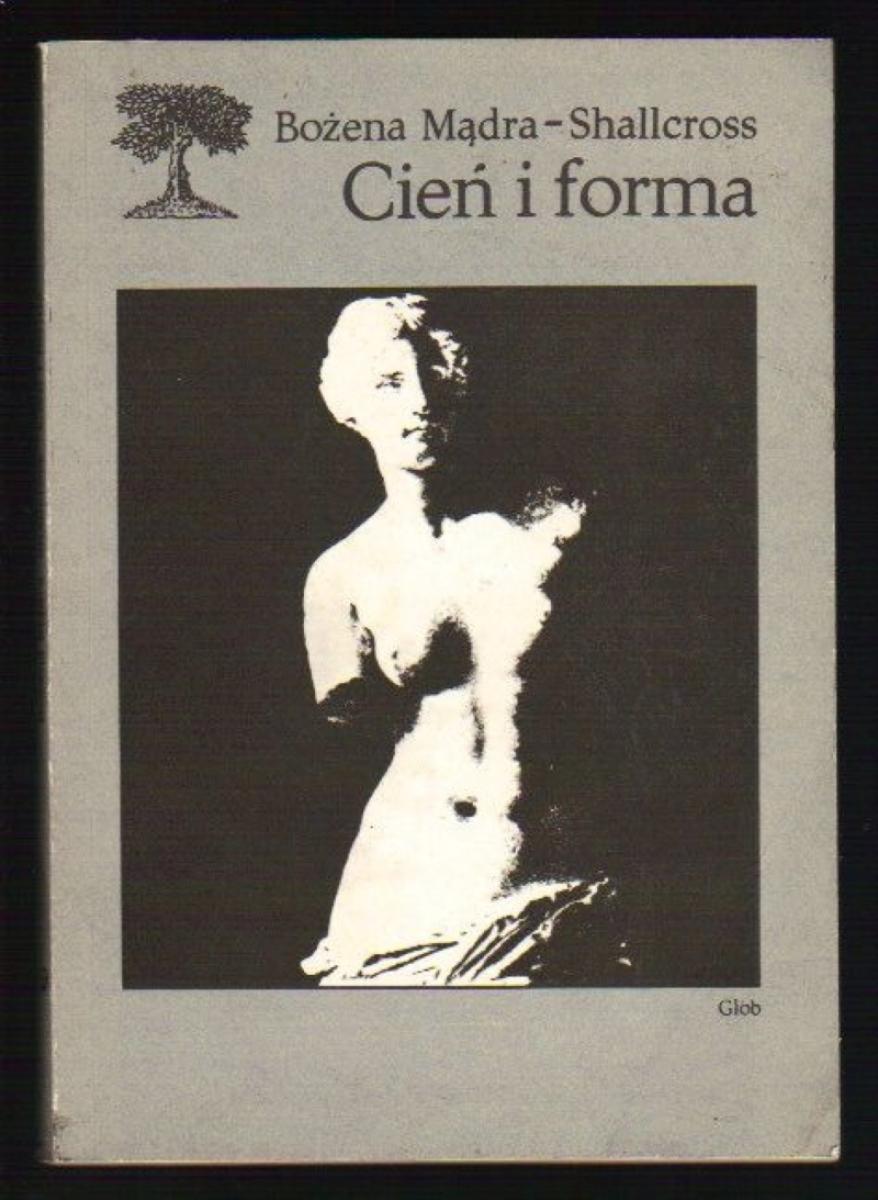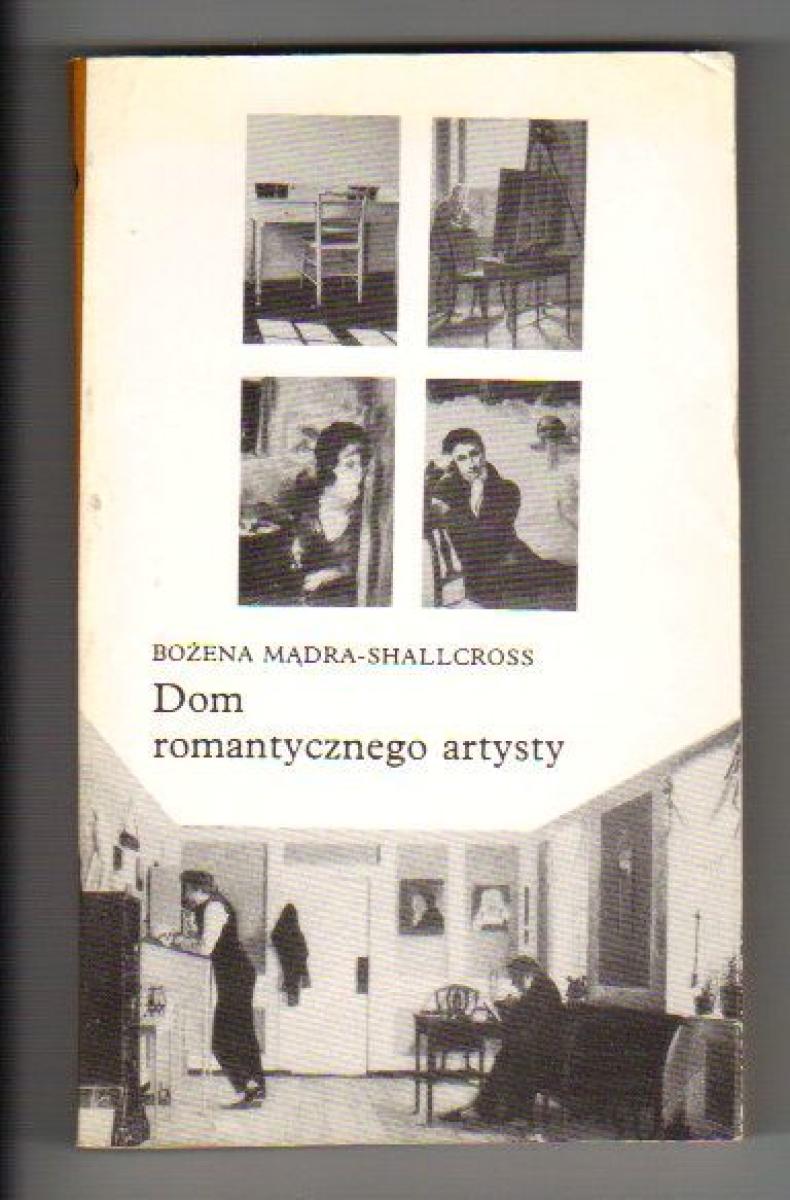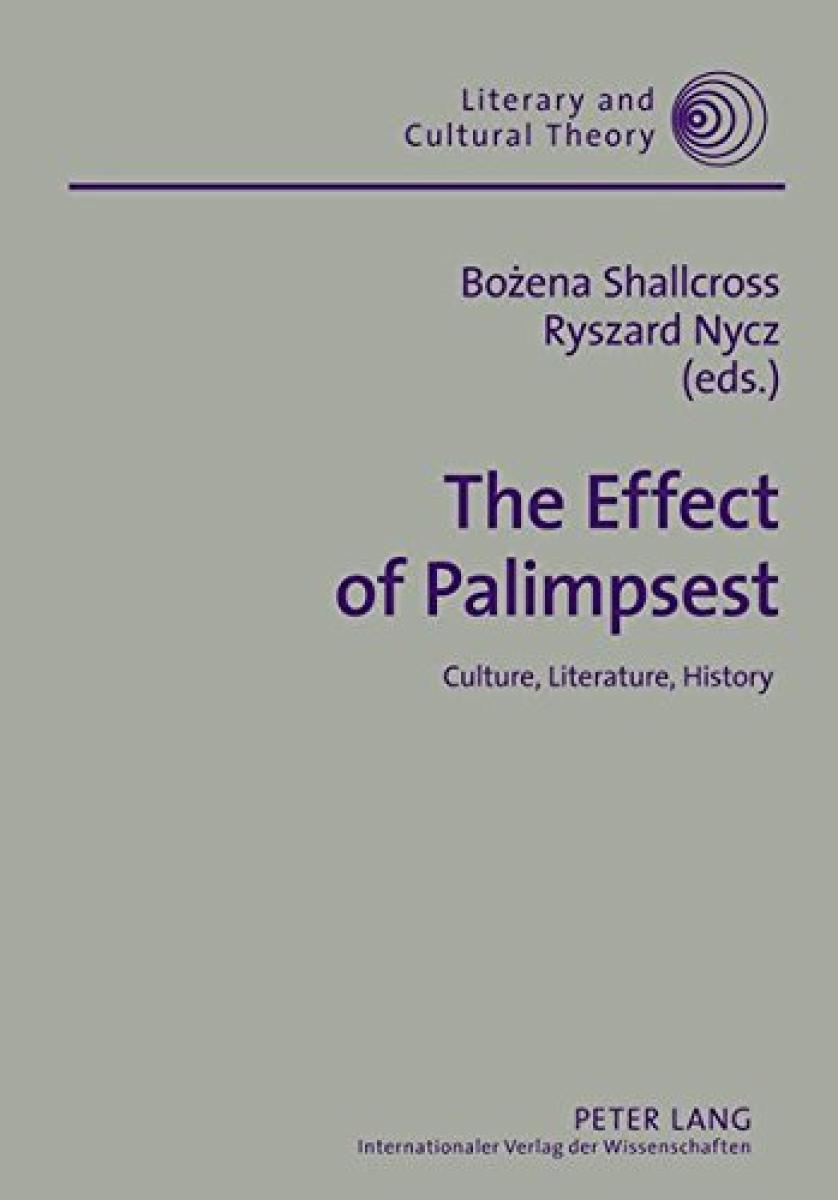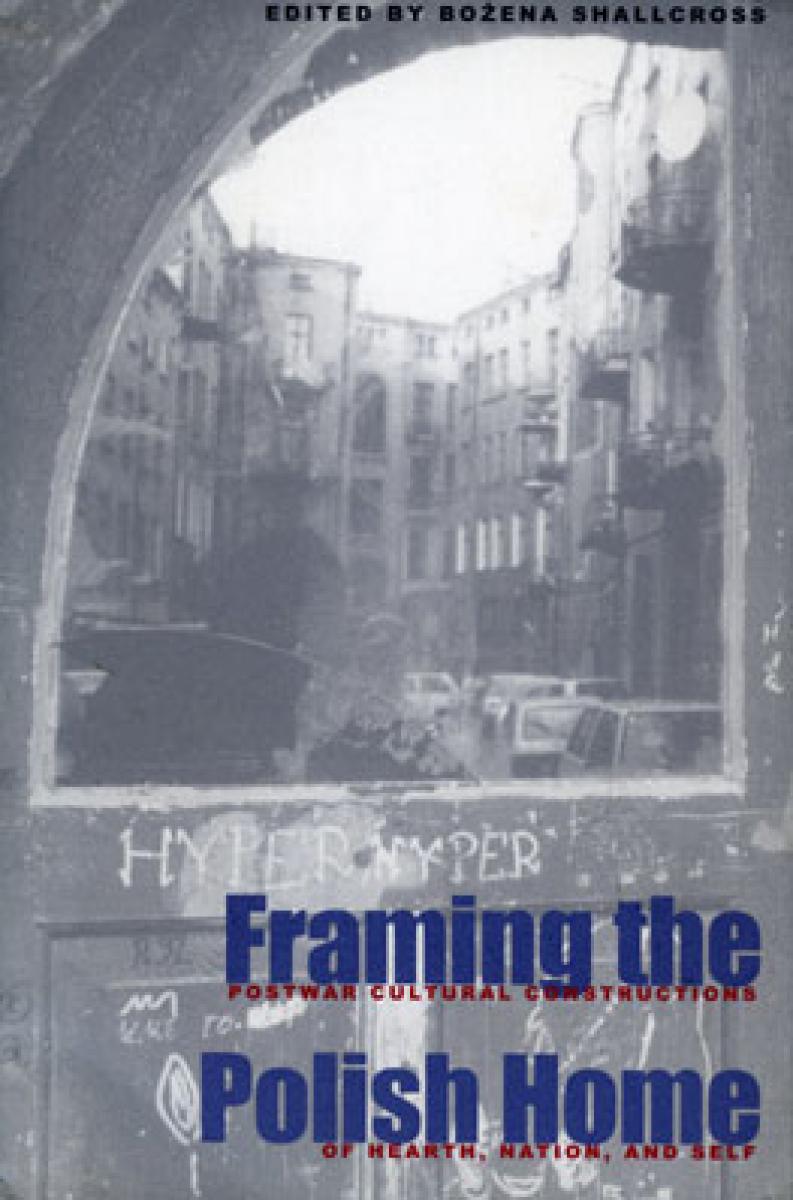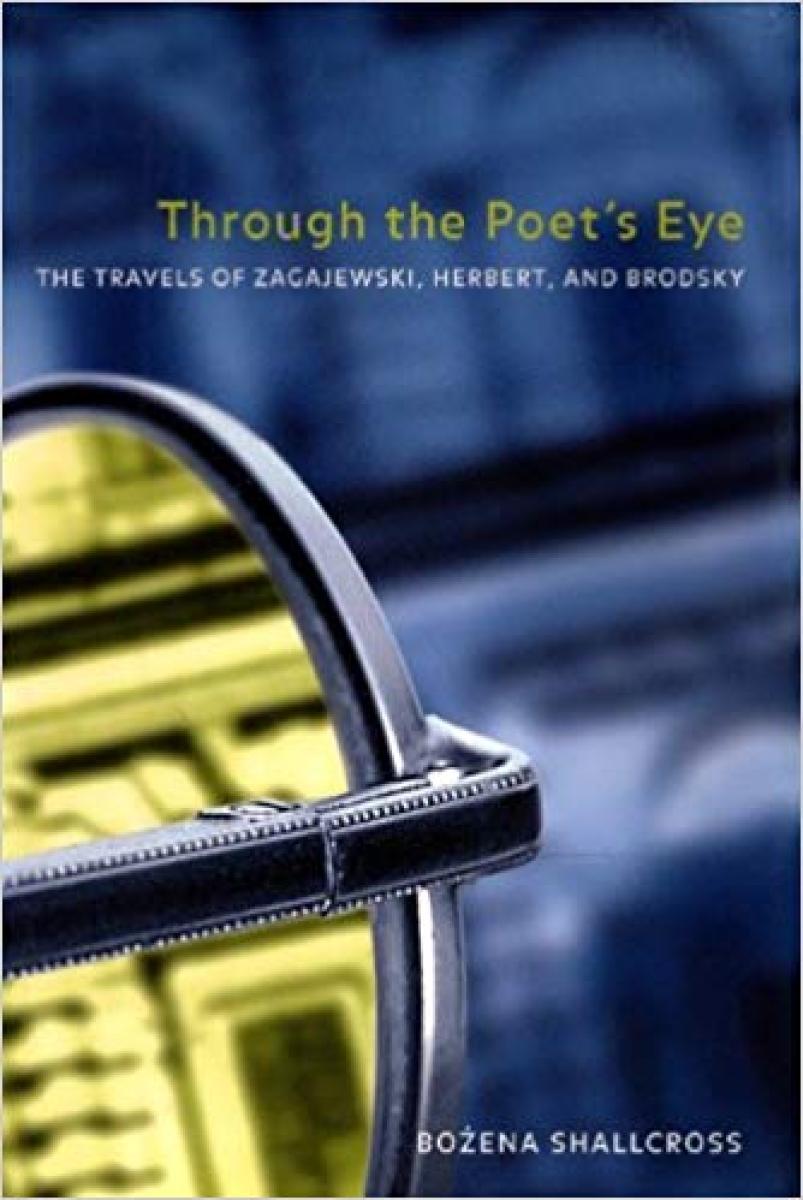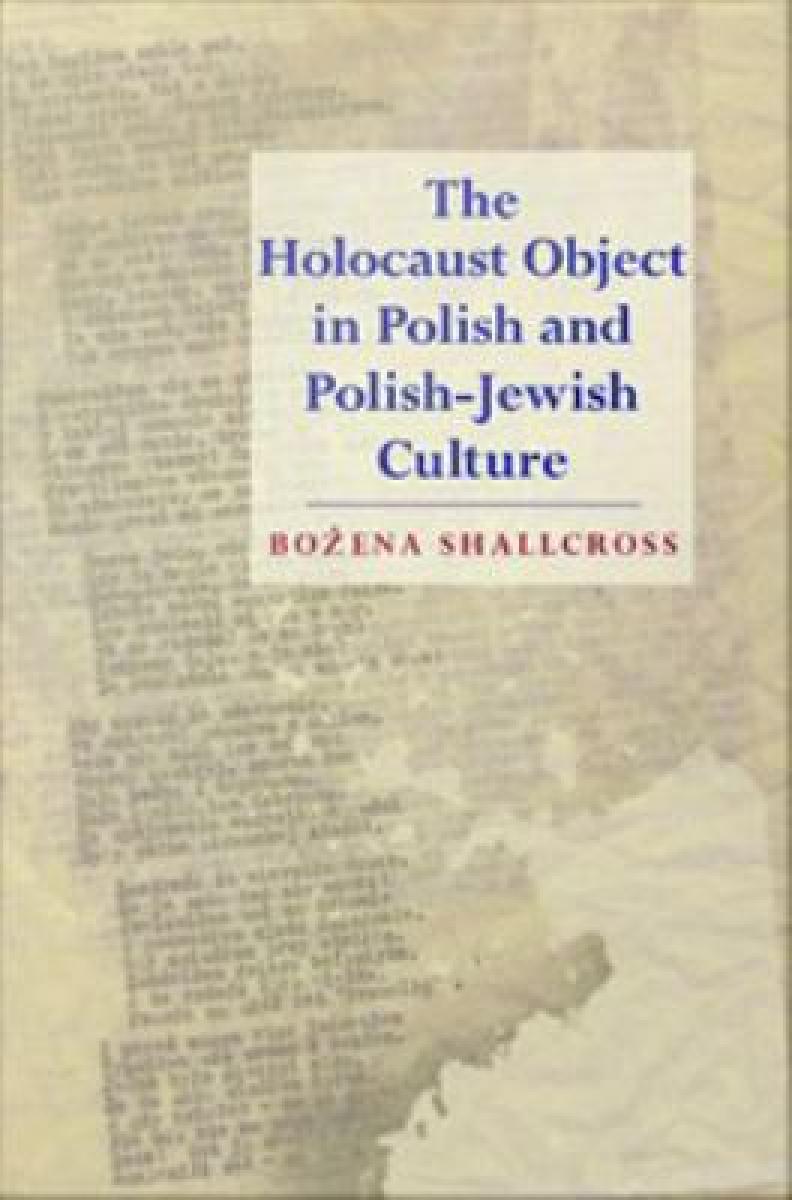
"As of late, I brought to the fore the material sphere of a radically different historical setting—the Holocaust—in order to establish the precarious ontology of trivial, everyday things in extreme conditions of the genocide."
Biography
I am a Polish-born American scholar specializing in the questions of object-materiality-subject in visual and literary studies, including the Holocaust.
I am professor and director of Graduate Studies in the Department of Slavic Languages and Literatures at the University of Chicago, as well as member of a dozen editorial boards of scholarly periodicals and academic presses, including the Slavic Review and Teksty Drugie (Second Texts). I have authored, edited, and translated several critical studies, including the monographs The Holocaust Object in Polish and Polish-Jewish Culture (translated into Russian and Polish); Through the Poet’s Eye: The Travels of Zagajewski, Herbert, and Brodsky; and Shadow and Form: The Visual Imagination of Leopold Staff. My articles reflect a multidisciplinary range of interests including literary representation of the interior/interiority, spatial imagination, and epiphanic encounters with objects of art. I just completed a study entitled Inscriptions and Other Marks and co-edited an anthology of texts by various authors entitled The Jewish Inn: From Architecture to Phantasm. My most recent publication is the lead article entitled “Anamnesis of Joy” that appeared in a special issue of Fabrica Litterarum Polono-Italica, (Tadeusz Sławek ed., 2024). Currently, I am editing a book project entitled Creative Expression and Polish Chicago.
I have worked with a whole range of students from undergraduates through graduates to post-doctoral researchers on theses that offered new insights into Polish poetry, and literature and history of the Holocaust, and Polish cinema and visual arts.
Work with Students
I have served on thirty PhD committees (either as the first or the second reader) and twenty MAs. This cooperation has had a very wide scope ranging from theoretical, historical or comparative foci to reassessments of single authors, as well as inter-art transmission and traumatic experiences of genocide.
In my work with undergraduate students, (independent research or BA projects), I consider how to their own ideas and interests and build a foundation for their conceptualization.
I have also mentored several foreign scholars whose post-doctoral work/second book projects engaged artistic responses to the Holocaust, art-historical developments within Polish modernism, concepts of labor and action, and, as of late, issues in poetry translation.
Affiliated Departments and Centers
The Joyce Z. and Jacob Greenberg Center for Jewish Studies; Chicago Center for the Study of Gender and Sexuality; Program in Poetry and Poetics; Comparative Literatures Department, resource faculty.
Publications
“The Muselmann and the Necrotopography of a Ghetto,” The Journal of Holocaust Research (formerly Dapim), Dennis Bock and Michael Becker, eds., vol. 34, 2020: 3, 220-240; (ID: 1785089 DOI:10.1080/25785648.2020.1785089).
“Behind the Issue,” Alexa Asher (University of Haifa) interviews Bożena Shallcross about the above article for The Journal of Holocaust Research.
Obligations of the Holocaust poetry researchers tied to the basic goals of poetry.
[Powinności badaczek i badaczy poezji Holocaustu wiążą się z zadaniami poezji w ogóle.]
Anita Jarzyna interviews Professor Bożena Shallcross, annotated interview, Narracje o Zagładzie, 2019: 5, 23-43.
"Between Desire and Inaction: On the Domestic Interiority in Orzeszkowa’a On the Niemen River,” in Another Canon. The 19th Century Polish Literature, English language anthology, Grażyna Borkowska and Lidia Wiśniewska eds. (Muenster, Germany: LIT-Verlag, 2019), refereed, 60-73.
“War and Violence: How to Rescue a Wartime Artifact,” in Cambridge University Press Handbook of Culture Studies, Lu Ann De Cunzo and Catharine Dann Roeber eds., by invitation, (Cambridge: Cambridge University Press), forthcoming in 2020), 30.
“Powinności badaczek i badaczy poezji Holokaustu wiążą się z zadaniami poezji w ogóle,” Anita Jarzyna interviews Bożena Shallcross, for Narracje o Zagładzie, 2020:1, 21.
“Scandalous Glass House,” in Centering the Periphery: Polish Jewish Culture Beyond the Capital, Natalia Aleksiun, Halina Goldberg, Nancy Sinkoff eds., under review, 20.
“Krasicki cum Kant: Reading The Adventures of Mr. Nicholas Wisdom,” lead book chapter, in Światowa historia literatury polskiej. Interpretacje, [World History of Polish Literature: Interpretations], bilingual Polish-English anthology, Magdalena Popiel and Tomasz Bilczewski, eds., by invitation, (Kraków: Universitas), forthcoming in 2020, refereed, in press, 42.
“Requiem for a Canon? The Peculiar Case of the Trans-Atlantic Canon,” in Being Poland: A New History of Polish Literature and Culture since 1918, Tamara Trojanowska, Joanna Niżyńska, & Przemysław Czapliński, et al., eds. (Toronto: University of Toronto Press, 2018), refereed, 153-164.
“Materialność i logosfera codzienności,” topical issue New Humanities, Teksty Drugie, 2017: 1, refereed, 334-348.
“Efekt niesprzątniętego pokoju,” in (Nie)przezroczystość normalności. Obrazy ładu, porządku w literaturze polskiej XIX i XX wieku, Hanna Gosk and Bożena Karwowska, eds. (Warsaw: Dom Wydawniczy Elipsa, 2014), 244-263.
Previously Taught Courses
- The Holocaust Object
- Cinema and the Holocaust
- Survival
- Kieślowski’s French Cinema
- Kieślowski, “The Decalogue”
- Narratives of Assimilation
- Theories of Vision
- The Writer as Philosopher: Gombrowicz
- Bruno Schulz: An Unfinished Modernist Project
- Word and Image: Reassessing Interdisciplinarity

